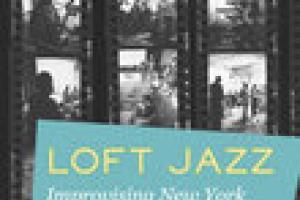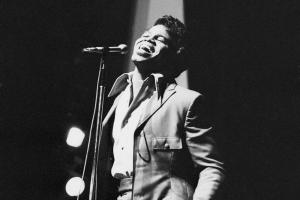Bernice Johnson Reagon, a Founder of the Freedom Singers and Sweet Honey in the Rock, Has Died
NPR
 In the 1970s a group of African American experimental jazz improvisors organized musician-sponsored concerts in a network of lower Manhattan lofts. The music they produced was not only sonically adventurous, much of it was also driven by a host of social concerns. Michael Heller has published a new history of this movement. Michael J. Agovino helps guide us through this important cultural moment.
In the 1970s a group of African American experimental jazz improvisors organized musician-sponsored concerts in a network of lower Manhattan lofts. The music they produced was not only sonically adventurous, much of it was also driven by a host of social concerns. Michael Heller has published a new history of this movement. Michael J. Agovino helps guide us through this important cultural moment.
 Even in the era of the Beatles and Motown's roster of stars, the brilliant James Brown established a place that was his alone. His was not about magic, it was about power that could not be denied by anyone brought within its field of influence. What the book's author also finds is a wary solitariness that paradoxically found its fullest expression in Brown's ability to give himself so completely in performance to suggest a generosity approaching self-immolation.
Even in the era of the Beatles and Motown's roster of stars, the brilliant James Brown established a place that was his alone. His was not about magic, it was about power that could not be denied by anyone brought within its field of influence. What the book's author also finds is a wary solitariness that paradoxically found its fullest expression in Brown's ability to give himself so completely in performance to suggest a generosity approaching self-immolation.
Spread the word